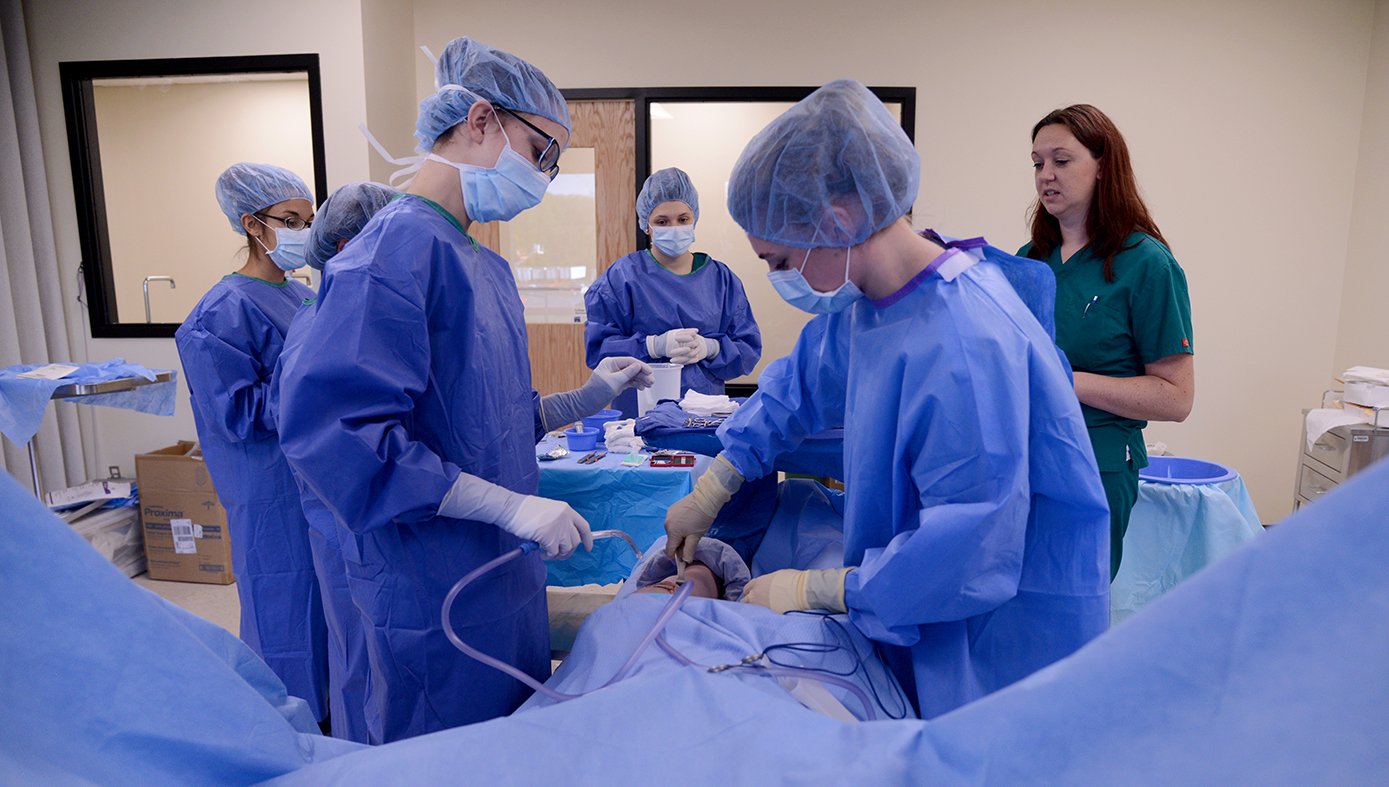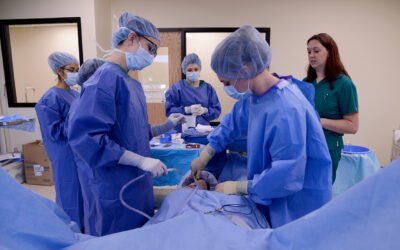Understanding the Surgical Tech Program: A Comprehensive Guide

Introduction
A surgical tech program is designed to train individuals to become surgical technologists, also known as operating room technicians. These professionals play a crucial role in the operating room, assisting surgeons and other medical staff before, during, and after surgical procedures. Surgical tech programs are structured to provide the skills and knowledge required for this demanding role, blending classroom instruction with hands-on clinical experience.
Why Pursue a Surgical Tech Program?
High Demand and Job Security
One of the primary reasons to pursue a surgical tech program is the high demand for surgical technologists. As the healthcare industry continues to grow, the need for skilled surgical techs increases. According to the U.S. Bureau of Labor Statistics, employment of surgical technologists is expected to grow faster than the average for all occupations, offering a stable career path with opportunities for advancement.
Rewarding Career
Working as a surgical technologist can be highly rewarding. Surgical techs are integral to the success of surgeries and the overall functioning of the operating room. The role involves a variety of tasks, including preparing surgical instruments, maintaining sterile environments, and assisting surgeons during procedures. The ability to contribute directly to patient care and outcomes provides a sense of fulfillment and purpose.
Competitive Salary
Surgical technologists can enjoy competitive salaries. While the exact salary can vary based on location, experience, and type of healthcare facility, surgical techs generally earn a good income compared to many other entry-level healthcare positions. This financial stability is an attractive aspect of pursuing a surgical tech program.
Key Components of a Surgical Tech Program
Classroom Instruction
Surgical tech programs typically include classroom instruction covering essential medical knowledge and skills. Topics often include human anatomy, medical terminology, pharmacology, and infection control. Students learn about the various surgical procedures, the roles and responsibilities of a surgical technologist, and the use of surgical instruments and equipment.
Hands-On Clinical Training
In addition to classroom instruction, surgical tech programs offer hands-on clinical training. This component allows students to gain practical experience in real healthcare settings, such as hospitals or surgical centers. During clinical rotations, students work alongside experienced surgical technologists and other medical professionals, applying their knowledge and skills in actual surgical scenarios.
Certification Preparation
Many surgical tech programs prepare students for certification exams. Certification is often required for employment and can enhance job prospects. The most recognized certification for surgical technologists is offered by the National Board of Surgical Technology and Surgical Assisting (NBSTSA). The certification exam tests students on their knowledge and skills related to surgical technology.
Essential Skills and Qualities for Success
Attention to Detail
Attention to detail is crucial for surgical technologists. They must be able to accurately prepare and handle surgical instruments, ensure sterile environments, and follow precise instructions during procedures. Even minor errors can have significant consequences in the operating room, making meticulousness an essential trait for success in this field.
Communication Skills
Effective communication skills are vital for surgical technologists. They must be able to communicate clearly with surgeons, nurses, and other members of the surgical team. Good communication ensures that everyone involved in the procedure is on the same page and that any issues or concerns are addressed promptly.
Physical Stamina
The role of a surgical technologist can be physically demanding. Surgical procedures often require long periods of standing and maintaining focus for extended periods. Physical stamina is necessary to handle the demands of the job and to remain alert and attentive throughout surgeries.
Problem-Solving Abilities
Surgical techs must be able to think quickly and solve problems as they arise. Unexpected issues can occur during surgeries, and surgical technologists need to adapt and respond effectively to ensure the procedure proceeds smoothly. Strong problem-solving skills help in addressing challenges and maintaining a safe and efficient operating room environment.
Career Opportunities and Advancement
Entry-Level Positions
Upon completing a surgical tech program, graduates can find entry-level positions in various healthcare settings, including hospitals, surgical centers, and outpatient clinics. Entry-level surgical technologists typically start by assisting experienced professionals and gradually take on more responsibilities as they gain experience.
Specialization and Advancement
With experience, surgical technologists have opportunities to specialize in specific areas of surgery, such as orthopedics, neurosurgery, or cardiothoracic surgery. Specialization can lead to increased job responsibilities and higher earning potential. Additionally, surgical technologists can advance to roles such as lead surgical technologist, surgical first assistant, or even management positions within surgical departments.
Continuing Education
Continuing education is essential for career growth and staying current with advancements in medical technology and practices. Many surgical techs pursue additional certifications or advanced degrees to enhance their skills and knowledge. Continuing education can open doors to new career opportunities and keep professionals competitive in the field.
Conclusion
A surgical tech program offers a pathway to a rewarding and stable career in the healthcare field. By combining classroom instruction with hands-on clinical experience, these programs prepare individuals to become skilled surgical technologists. With the demand for surgical techs on the rise, pursuing this career can provide job security, competitive salaries, and opportunities for advancement. Those interested in this field should consider the essential skills and qualities required for success and explore the various career paths available to them.
FAQs
How Much Do Surgical Technologists Earn?
Surgical technologists typically earn a competitive salary, which can vary based on factors such as location, experience, and type of healthcare facility. According to the U.S. Bureau of Labor Statistics, the median annual wage for surgical technologists is around $60,000. Salaries may be higher in certain regions or for those with specialized skills.
Are There Opportunities for Continuing Education?
Yes, continuing education is important for surgical technologists to stay current with advancements in medical technology and practices. Many professionals pursue additional certifications or advanced degrees to enhance their skills and career prospects. Continuing education can also be a requirement for maintaining certification.
Can I Specialize as a Surgical Technologist?
Yes, surgical technologists can specialize in various areas of surgery, such as orthopedics, neurosurgery, or cardiovascular surgery. Specializing can lead to increased responsibilities and higher earning potential. Specialization often requires additional training or certification in the chosen field.










